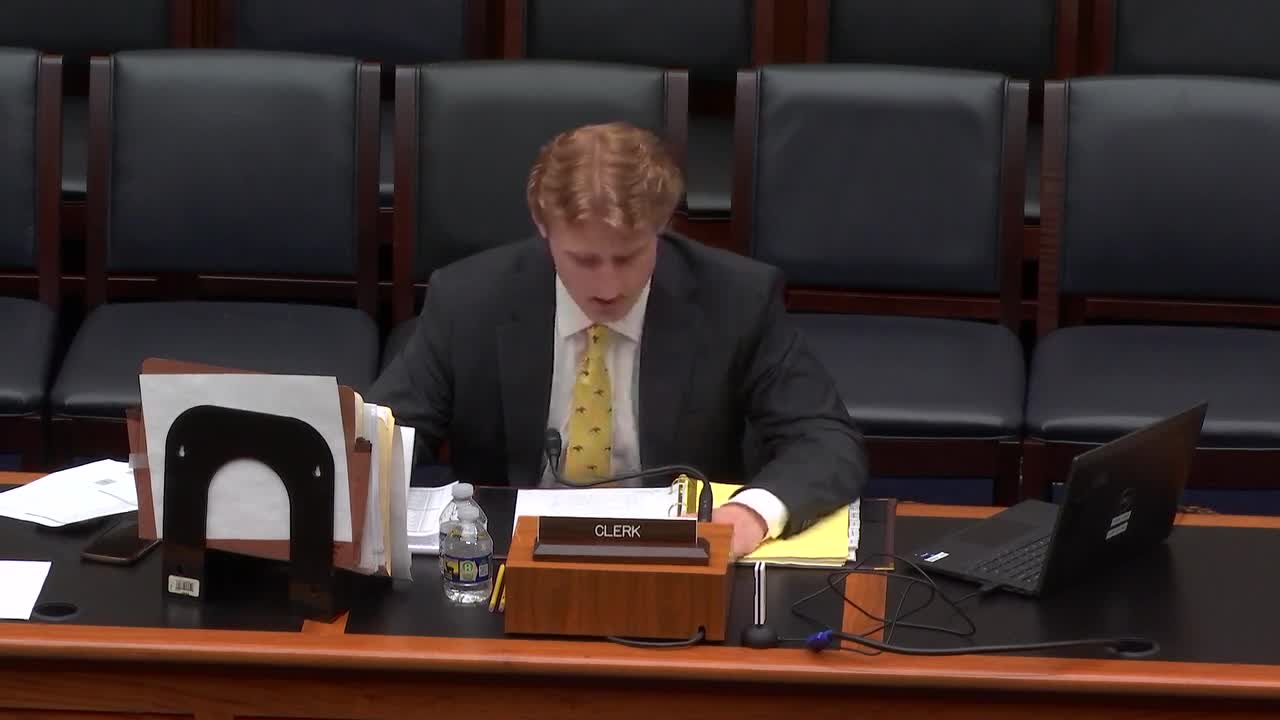Article not found
This article is no longer available. But don't worry—we've gathered other articles that discuss the same topic.
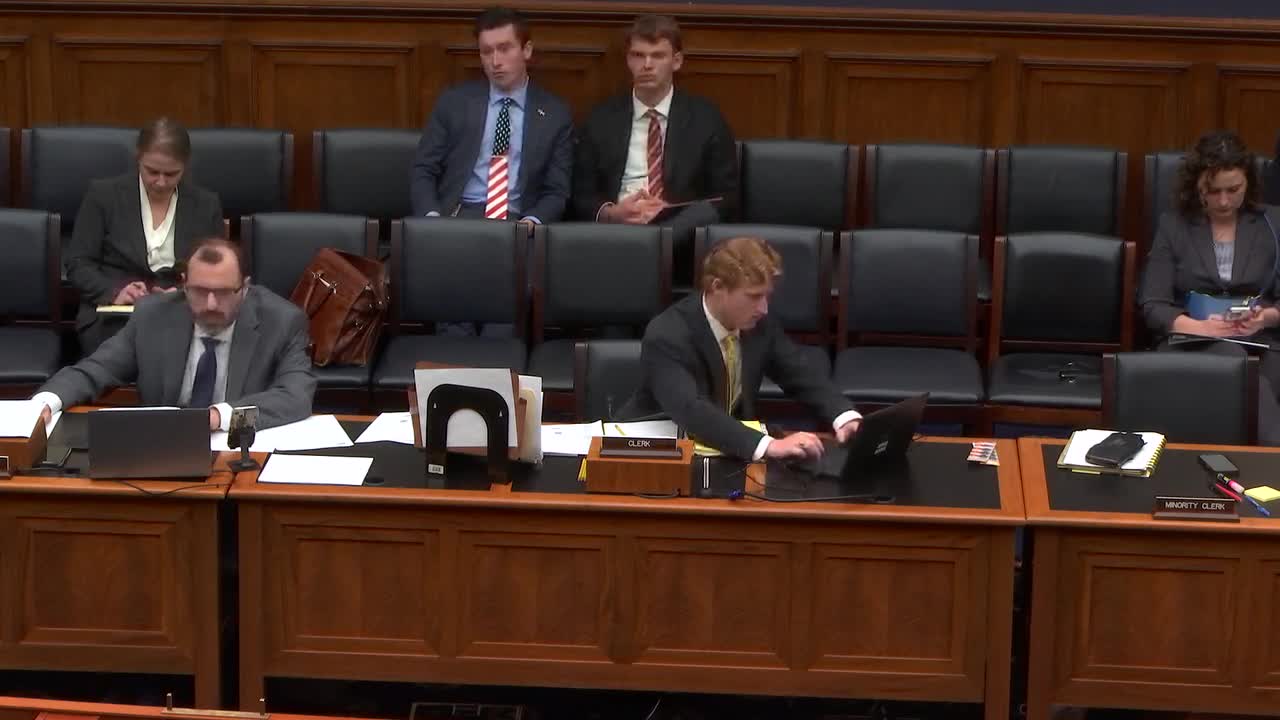
House committee backs bill to make CAMELS ratings more objective
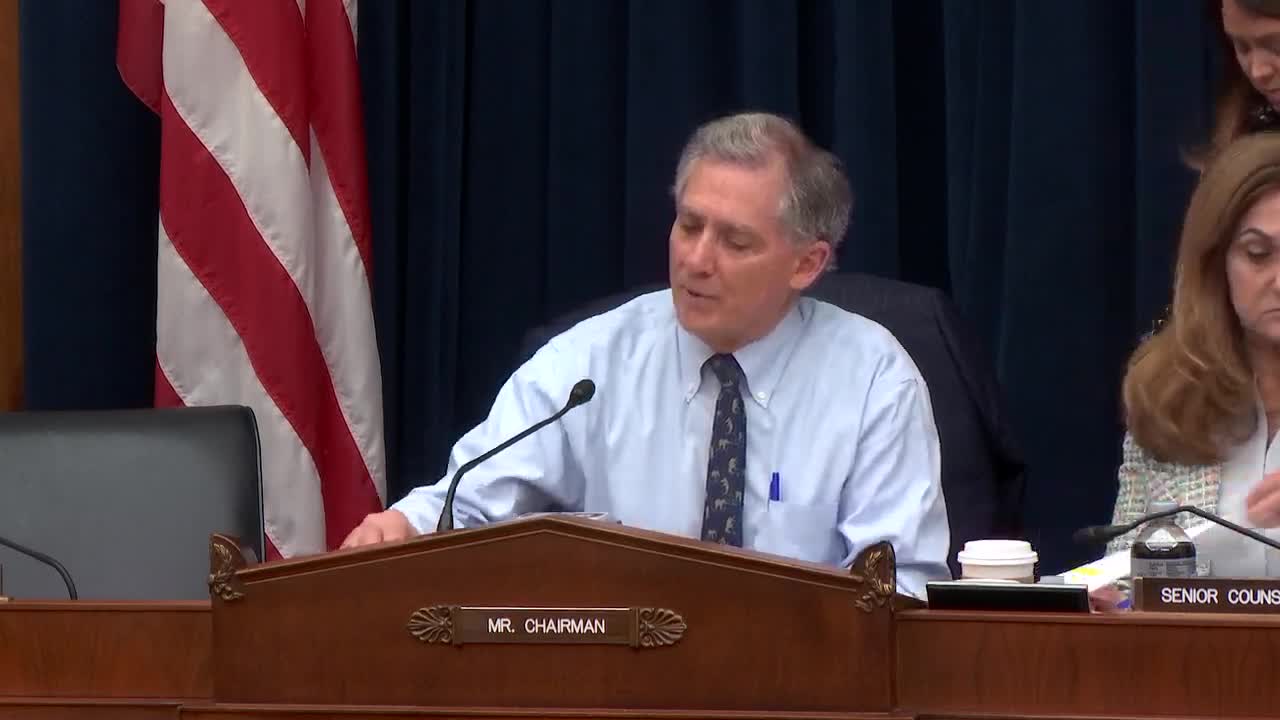
House Financial Services Subcommittee advances bill to set deadlines for bank merger reviews
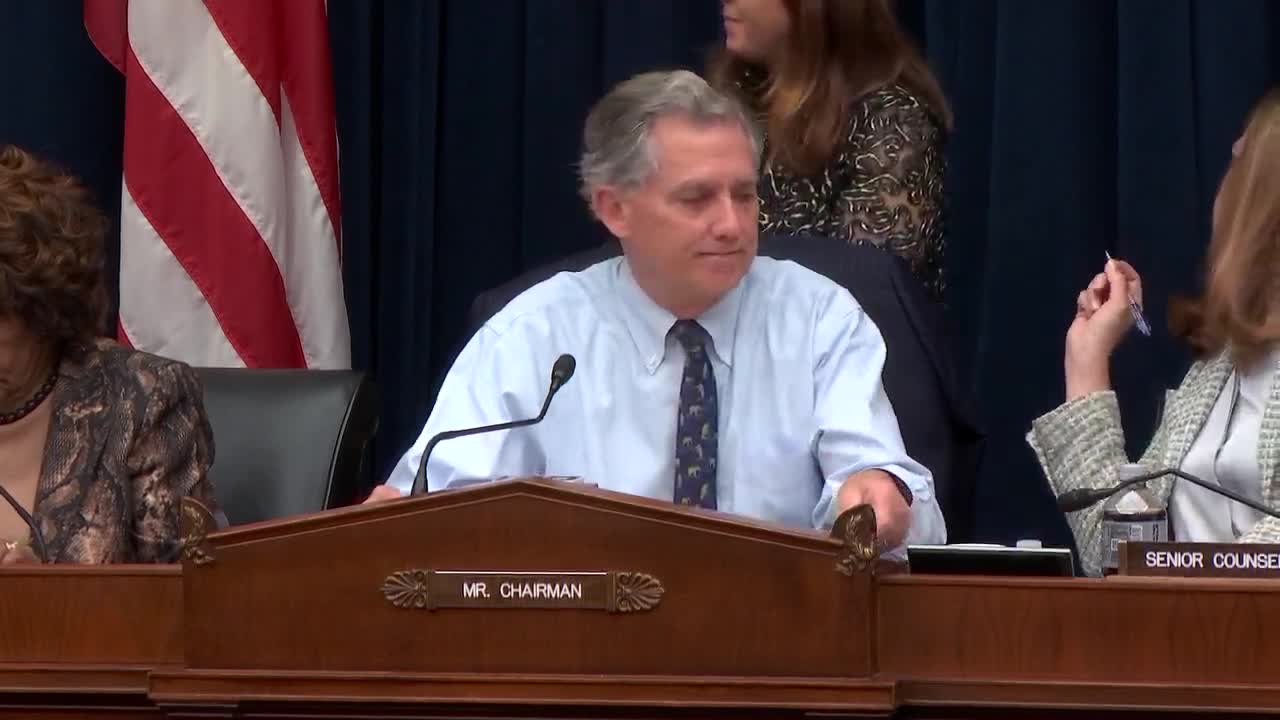
Committee approves FIRM Act to remove ‘reputational risk’ from supervision language
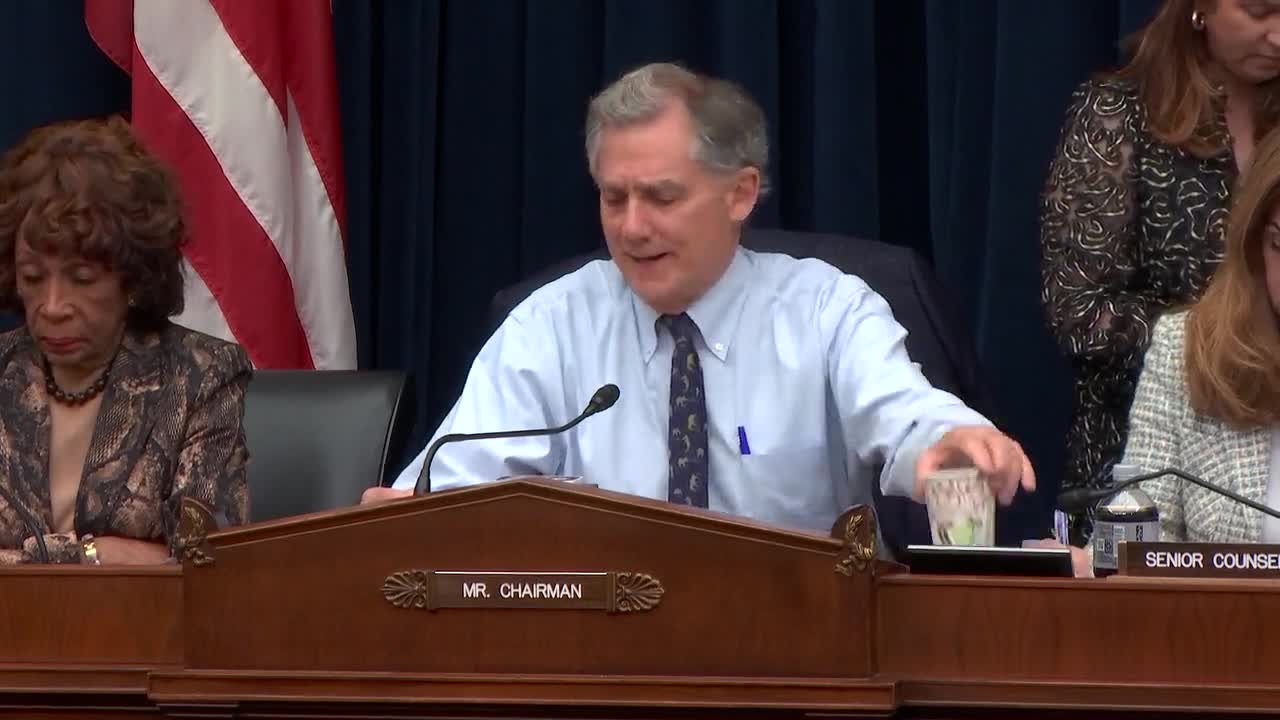
Committee advances Taylor Act to require regulators to tailor rules to institution risk profiles
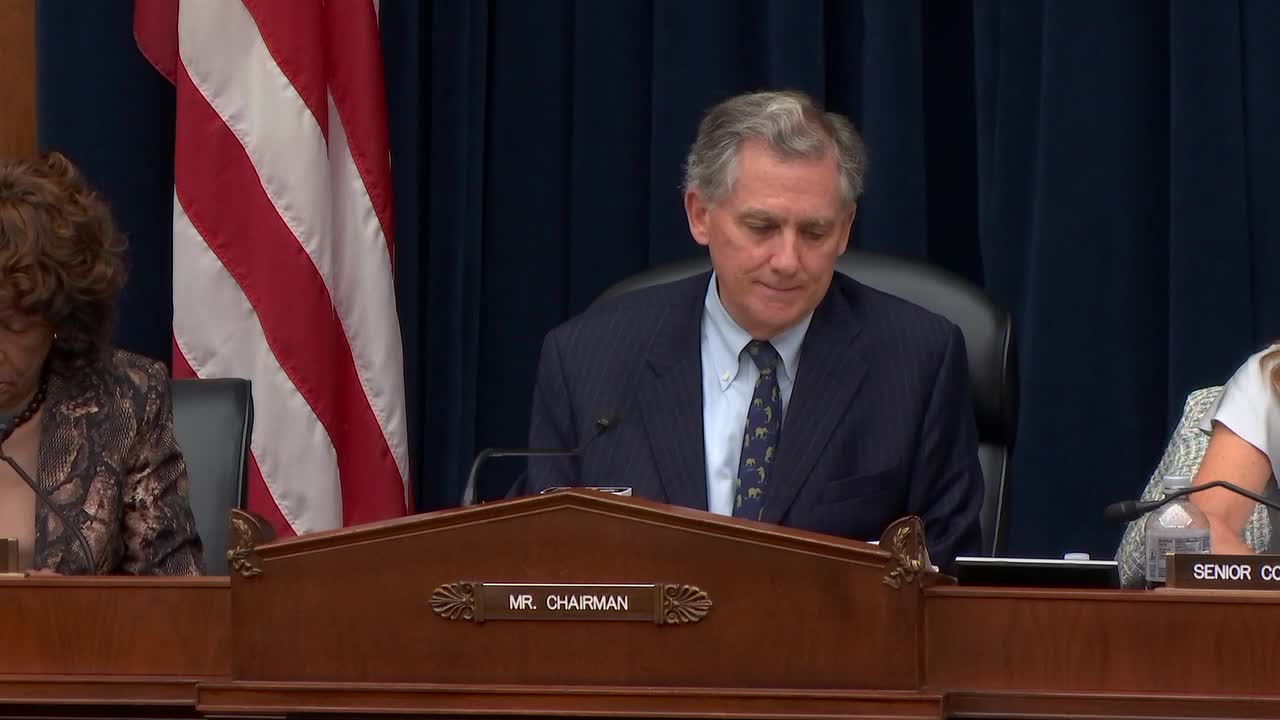
Committee backs Fair Exams Act to create independent review for exam disputes
